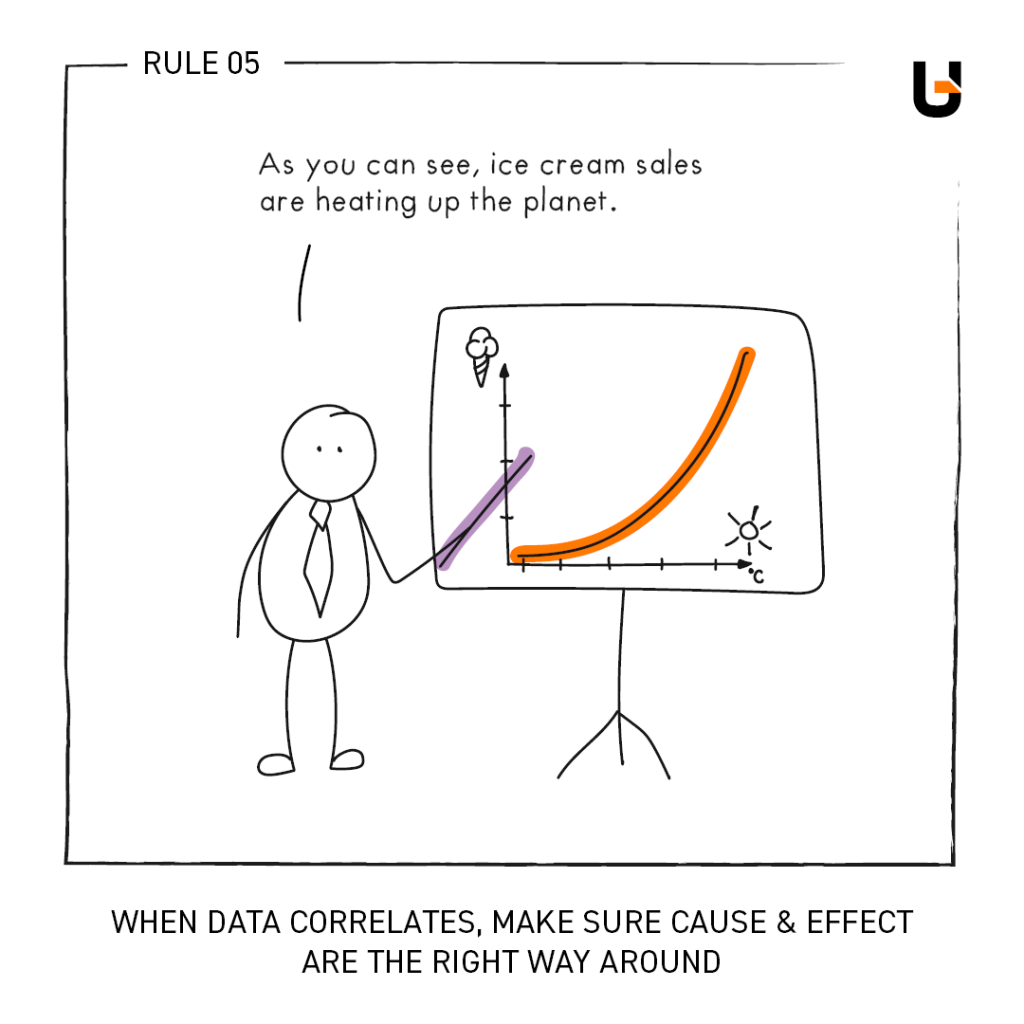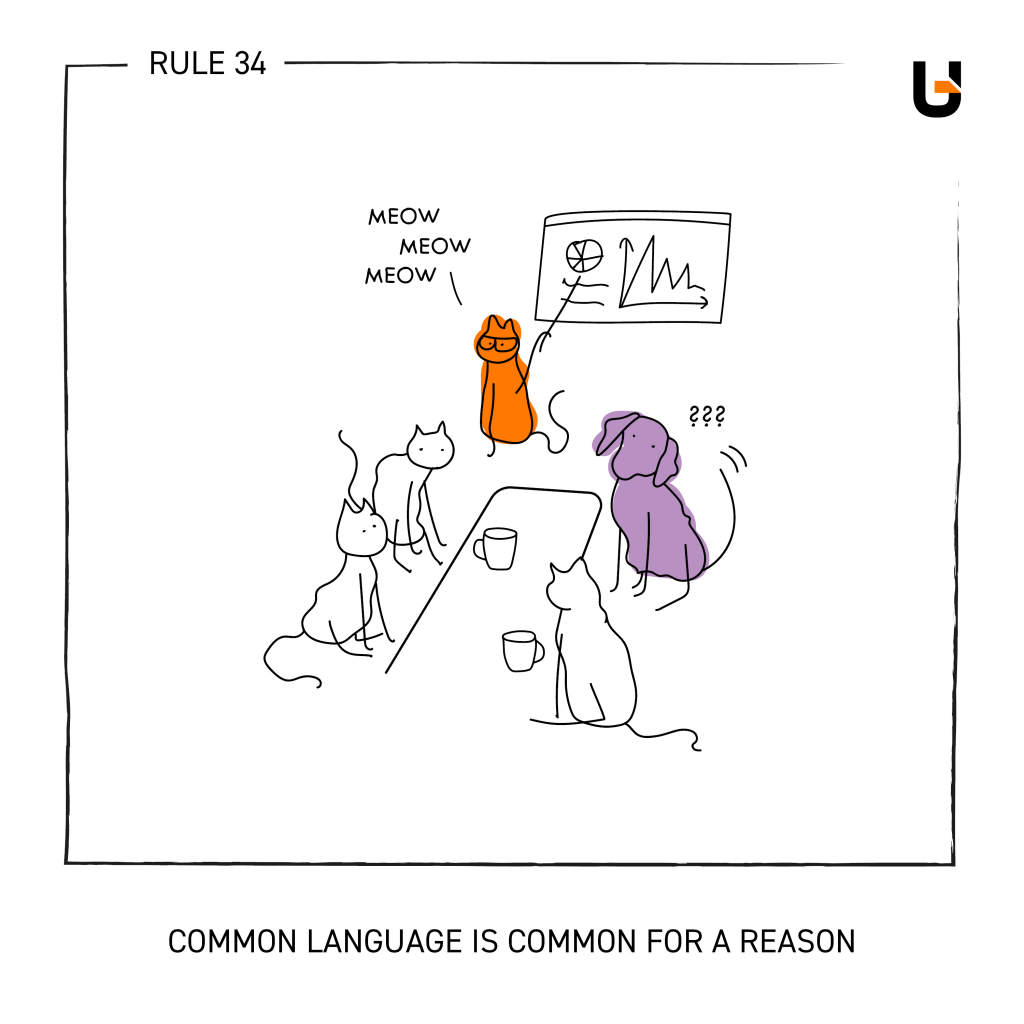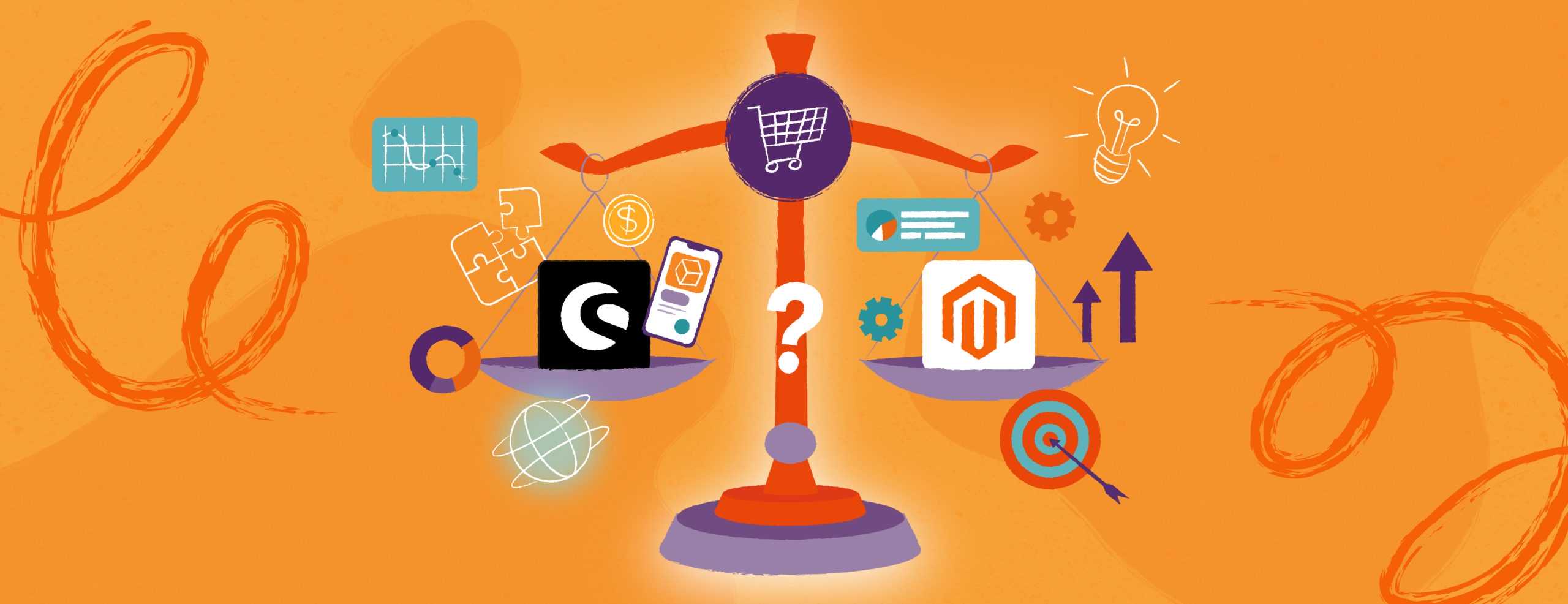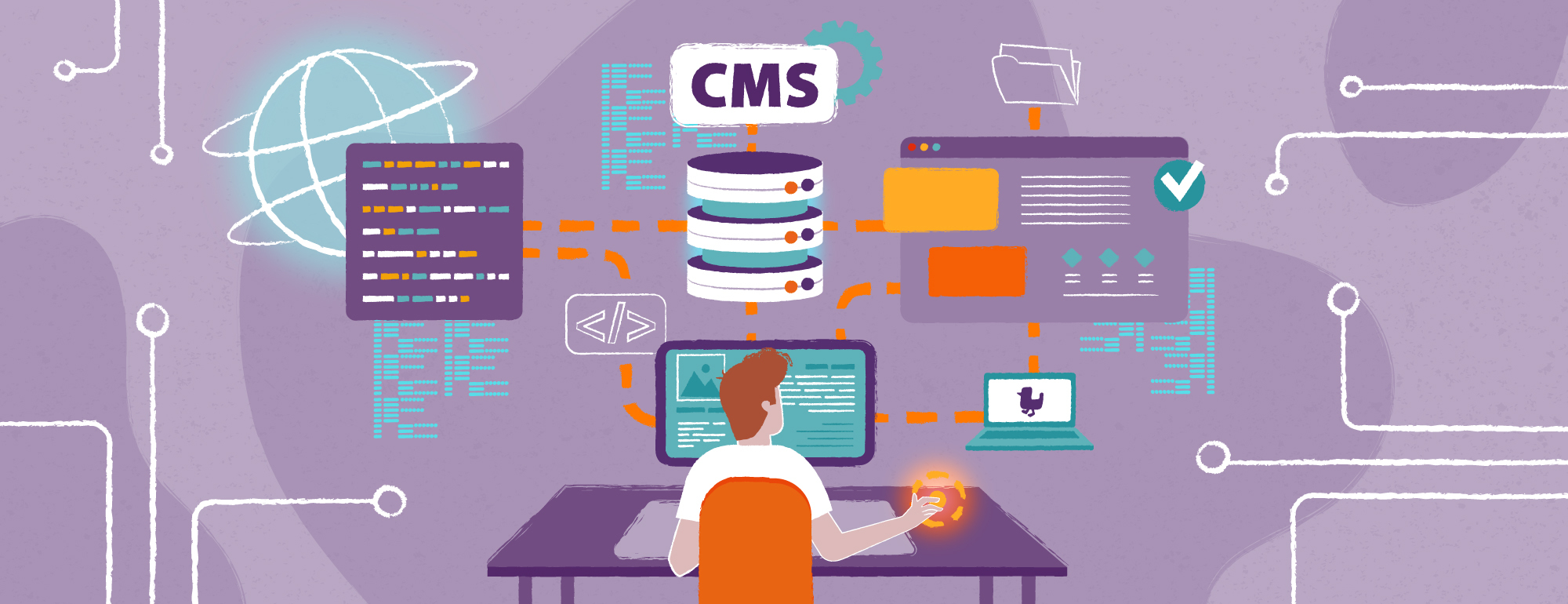Trends that Aren’t Trends
With 2024 soon here, it never hurts to look at the current and emerging trends. We’ve already covered the most important e-commerce trends for 2024, as well as the latest AI trends to carry over in to the new year. Now, we want to do the opposite.
Not every new trend is worth the hype. Not every announcement is a game changer. For every innovation, there are concepts that vaguely hang around before disappearing into the background.
So, in order to clear our own heads just as much as yours, we wanted to take a look at all the things that sound like trends and come up in those conversations… but ultimately aren’t contributing much.
Metaverse
As a concept, most people are fully behind the metaverse, but in reality it’s still somewhat very flawed. Common complaints are that there’s no singular ecosystem – the metaverse is a hub of different and disconnected metaverses which, combined with varying hardware requirements, make it hard to enter easily.
While some are general virtual worlds, others require customers to purchase specific VR hardware (more on that later) and invest in a chosen platform. Companies then need to identify and invest in those platforms. Sure, there have been successes stories, but few companies are reporting the Metaverse as a key channel or revenue driver.
Putting “Hyper” in front of Something
We get it, we do. We have a marketing team 😉 and we understand the importance of hyperbolic statements. But really, ask any tech expert and they will tell you that something can always be improved. With terms like hyperautomation and hyperpersonalization, the names sound very finite on a curve that is still growing.
It’s boring, outdated and just old. We’re hyper-bored with it.
Constant Buzzwords
And on the other side of things, aren’t we all getting tired of the countless buzzwords being generated by every corner of the industry?
Just think how many something something commerce models we have already. Is it headless, data-driven, MACH, composable… and those are just the ones that we use on a regular basis! Elsewhere in the wilderness, there’s unified commerce, just commerce… These are all useful tools to help label and apply understanding to broad concepts, but when the terms start to conflict and compete for vital brain space, it becomes counterproductive.
We get it. New ideas come up and marketing teams have to put a cool name on things. Buzzwords come and go… mostly go.
AR and VR
Virtual reality technology has been around for a while now, and it’s never really taken off. It’s carved a niche in the gaming industry, but today’s average shopper is still unlikely to plug the big ol’ headset in to explore a virtual shop.
It might also be because few companies are investing in it. There’s a chicken and egg scenario that needs to be worked out.
On the other hand, augmented reality is meant to succeed with VR fails. It uses smart phones that people already have. But it’s far from perfect, with many writing about the poor experience that doesn’t seamlessly integrate into typical life. In short, if you have your phone and you’re in a store, it’s not offering enough value for users to deal with the headaches.
Mobile
Hey! Did you know that over 80% of people in America have a smartphone? Did you know that statistic is from 2020? While we don’t deny that importance of the smartphone as a channel, constantly highlighting it as a trend is not effective. This topic is so old it has a Wikipedia page. The smartphone is important, of course it is. But like the cloud it’s not a trend per se. It’s just standard good practice for businesses that want to survive and thrive.

Instead, let’s ask what can do to make mobile better? Should we implement IoT? Should we use AI to enhance personal shopping? There are 101 different things to do and “be on mobile” isn’t one of them.
Cloud-Native
In many ways, cloud-native is becoming the new mobile. We all know about the cloud. It’s cheaper, performance optimized and doesn’t run out of space. We’re now at the point that, for many, you’re either in the cloud or you’re not. It’s not an emerging trend just coming over the horizon.
For those in the cloud, there’s a larger discussion about Packaged Business Capabilities (PBC), serverless performance and even multi-cloud set-ups vs mono-cloud arrangements.
Omnichannel
We’re not saying Omnichannel isn’t important. It is! We’ve got a whole ebook advising you on how to best plan and implement and omnichannel strategy. The problem is that omnichannel gets thrown around as a catch all term.
The “omni” part means all, and yet many articles, guides and experts use the term to refer to a website + app combo. That’s not a trend: that’s the default setup for any growing e-commerce or retail business.
And on the other hand, it would be unreasonable to expect businesses to hit the gate running on every channel. We’ve previously discussed the state of omnichannel earlier this year, and the conclusions haven’t changed: focus on the immediate, most valuable channels, and expand out as your business grows.
Or read all about it on our ebook. Shameless plug over 😉
Data
Data as a singular word is not a trend. Every successful business is utilizing data in some form. It’s akin to “sell online”. We need to measure how effectively we’re doing it, not if we’re doing it at all at this point.

Today we’re focusing on emerging data and AI trends that bring new insights, automate processes and otherwise turn everything up to 11. Overall data maturity is at a point that most companies understand – and have implemented – data dashboards, business intelligence and other solutions that fuel their decision-making processes.
How Many Trends Must a Man Walk Down?
Buzzwords are easy to create. They’re the symptom of a marketing team with too much time on their hands (not a problem here, FYI 😉 ). But it’s a “can’t live with them, can’t live without them” situation.

It’s part of our business language. These trends help us understand what matters and what doesn’t: when trends drop off our radar, we know it’s either because they’re devalued or have become common parlance in any business strategy.
Thank you for reading – here’s to the next big thing!








